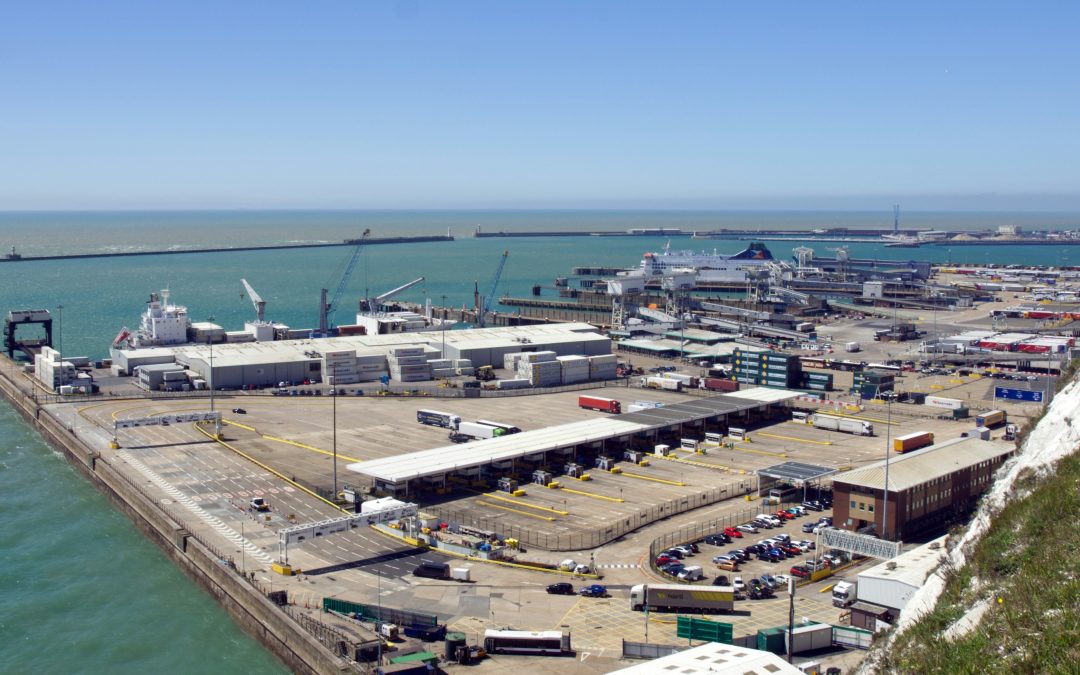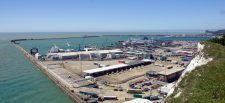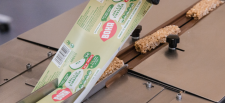The food industry has responded to the Government’s publication regarding Common User Charge rates and eligibility, criticising the potential impacts and the lack of time given to businesses to prepare for its implementation.
The publication stated that, as part of the Border Target Operating Model (BTOM), from Tuesday 30th April UK businesses will need to pay the Common User Charge if they import goods that enter or transit through Great Britain through the Port of Dover or Eurotunnel. They will also need to pay if they are eligible for sanitary and phytosanitary (SPS) checks at a Government-run border control post (BCP) in England.
Fees to come into place
Medium and high-risk products will be capped at a charge of £145, while low-risk products of animal origin (POAO) and POAO transits will be capped at £50. Businesses can expect fees of up to £29 for individual products, and fees will occur in addition to any inspection fees applied by either the port health authority (for products of animal origin) or the Animal and Plant Health Agency (for plants and plant products).
Government said the Department for Environment, Food and Rural Affairs (Defra) would develop the Common User Charge rates for live animals separately and will “publish the rates before implementing them”.
Lack of time is “not helpful” to businesses
Phil Pluck, chief executive of the Cold Chain Federation (CCF), said: “It is extremely disappointing that the Government announced the charges at the last minute, leaving affected businesses little time to revise their commercial arrangement with EU customers.
“This is in no way helpful to UK based importers and the whole EU supply chain. It reinforces the Government’s slapdash approach to a vital part of UK Plc.
“Our main concern is that this is now certain to negatively affect food prices. The confirmation that common user charges will apply from the 30th of April means that UK importers of medium and high-risk goods will have to pass this cost onto either the EU importer, the smaller UK retailer, or the UK consumer.”
Pluck said: “EU exporters are also shouldering the additional cost of Health Certificates which may discourage many from exporting food and plant products to the UK in future.
“Ultimately, this will increase business costs and food prices and potentially lower choices for the shopper.”
Impact on non-Government operated ports
A spokesperson for the Food and Drink Federation (FDF) said: “Today’s announcement provides long overdue clarity on the Common User Charge at Government operated Border Control Posts. But leaves businesses with less than a month to prepare for a crucial aspect of the new border model, which will have a knock-on impact on financial and procurement decisions.
“It’s disappointing that there has been a shift in approach away from multiple items being included under a single declaration with one charge, to businesses being charged per item, which will significantly increase costs for companies bringing in mixed product loads, and disproportionately impacts SMEs.
“We await to see the impact of this move on non-Government operated ports, who have long been waiting for these fees to determine their own rates.”
Mike Parr, director of PML Seafrigo, said: “What is particularly frustrating is that the fee is being levied for all fresh produce/plant goods passing through Dover or Folkestone – even if they don’t pass through the Government controlled inspection post at Sevington.
“PML Seafrigo has its own 24/7 border control post at Lympne, which is the closest point of entry to the Port of Dover (closer than Sevington), we have a dedicated transport and logistics hub for imported goods and yet our customers will still be charged the CUC even though they will not be using the Sevington facility.
“The Government is effectively asking businesses such as ours to collect taxes on their behalf. And the fact that this fee will be reviewed and updated annually by Defra is itself worrying, it could easily be increased in 12 months’ time.”









